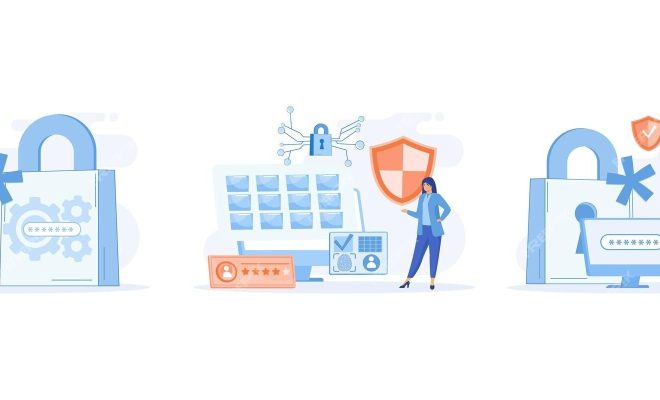Customer Data Protection in GDPR Compliant Marketing: Best Practices

In today’s digital landscape, marketing efforts are intricately tied to data collection. With the General Data Protection Regulation (GDPR) coming into force in the European Union, businesses worldwide have had to reassess their strategies to ensure compliance. GDPR not only mandates strict guidelines on how personal data is collected, stored, and used but also reinforces customers’ rights over their data. Here are some best practices for customer data protection in GDPR-compliant marketing.
1. Explicit Consent
One of the foundational principles of GDPR is obtaining explicit consent from individuals before collecting or processing their data. This means businesses must provide clear consent forms that do not use pre-ticked boxes and should explain how the data will be used in layman’s terms, ensuring transparency.
2. Data Minimization
Collect only what is necessary. Modern marketing strategies must adhere to the practice of data minimization – that is, only collecting data that is directly relevant and necessary to accomplish a specified purpose.
3. Privacy by Design
Incorporate privacy settings into products and services from the inception phase. Privacy by design involves considering data protection issues as part of the design and implementation process of systems, services, products, and business practices.
4. Regular Data Audits
Perform regular data audits to manage and evaluate what information is being held. This practice helps not just in maintaining updated records but also in ensuring that all data is collected legally and under strict privacy measures.
5. Anonymization Techniques
Where possible, use anonymization techniques which transform personal data in such a way that the individual cannot be identified by anyone without additional information stored separately with strict access control measures.
6. Staff Training
Staff should be regularly trained on GDPR standards and the importance of protecting customer data. Every employee should understand his or her role in compliance and how to handle personal information correctly.
7. Data Protection Officers
Appoint a Data Protection Officer (DPO) who will be responsible for monitoring internal compliance, informing, and advising on your data protection obligations.
8. Secure Data Storage and Transfer
Ensure that any storing or transferring of personal data is done securely using encryption or other appropriate security measures to protect data against loss or unauthorized access.
9. Transparent Data Breach Notification Protocols
Have clear procedures for breach detection and notification as quickly as possible – GDPR requires that customers must be notified within 72 hours if they are affected by a breach.
10. Respect User Rights
Uphold users’ rights by making it easy for them to access their personal data, correct inaccuracies, request deletion, object to processing of their data, or export their data for use elsewhere (data portability).
Compliance with GDPR shouldn’t be seen as a hurdle but rather as an opportunity to build trust with customers while enhancing your brand’s reputation for taking privacy seriously. Through mindful strategies centered around respecting customer privacy and enhancing security measures, companies can not only comply with GDPR but set a new standard for responsible marketing.

